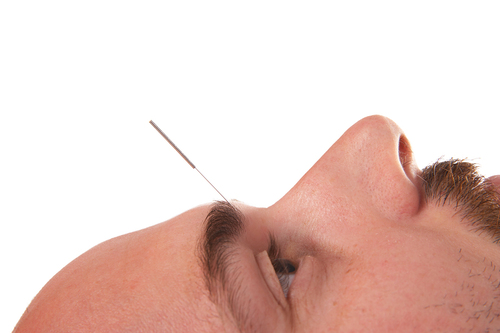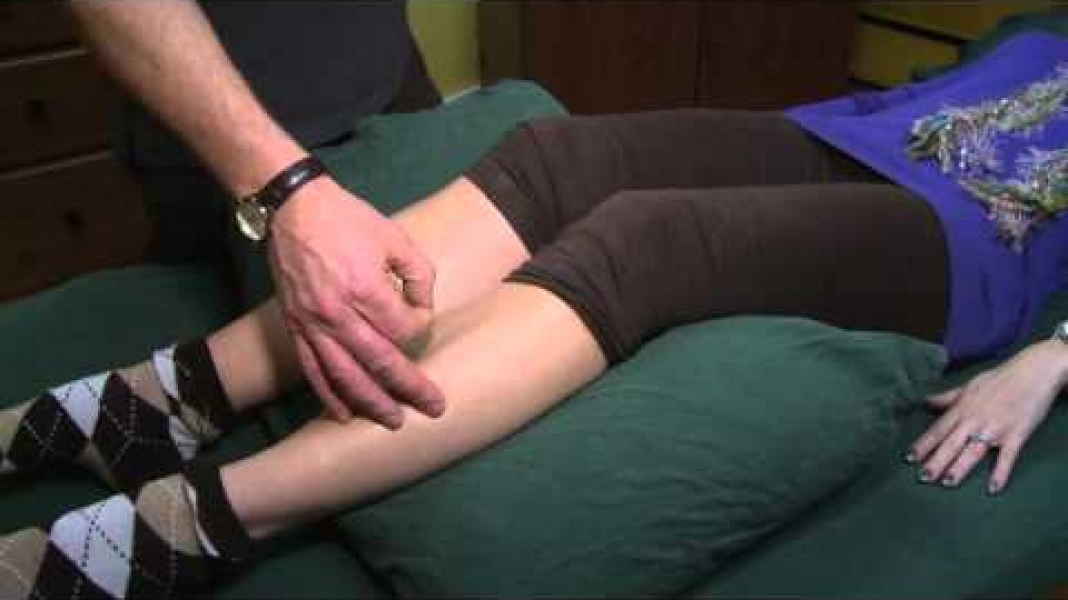Can acupuncture help you lose weight? Yes…but it’s not that simple.

That being said there is some strong evidence supporting acupuncture’s effectiveness as a weight loss tool. A research team recently published their work in a journal called Acupuncture in Medicine (Influence of acupuncture on leptin, ghrelin, insulin and cholecystokinin in obese women: a randomised, sham-controlled preliminary trial. 2012. Güçel, F. et al. Acup. Med.), linking the specific mechanisms of how acupuncture has its effects hormonally on digestion and metabolism.
Good news! – the results showed that this resulted in weight loss as measured by body mass index (BMI).
The study consisted of 40 women, half who received real acupuncture and half who received sham (false) acupuncture. The women had a body mass index greater then 30, this is technically considered obese. This is a limited form of measurement as it does not measure body fat percentage and water weight. The women received two twenty minute treatments a week for five weeks, ten treatments total. They received the same five points each time and the results were very positive for the women receiving real acupuncture. By the way, this sort of regular treatment can be very expensive, unless you have insurance, or access to community acupuncture like we do at our clinic.
The blood monitored in these women showed hormone changes (insulin, leptin, ghrelin, and CCK) associated with weight change, satiety, and appetite control for the real acupuncture group.
This study is a great reference in that it helps to answer the question of why someone should consider acupuncture to assist them with weight management. This is just one piece of the puzzle in developing healthy lifestyle habits and getting rid of unhealthy ones.
written by Jennifer Kotowicz H.H.P., R.Ac.and Gord Grant Ph.D., R.Ac.




